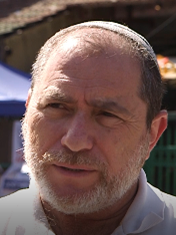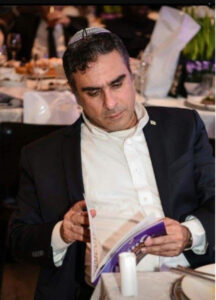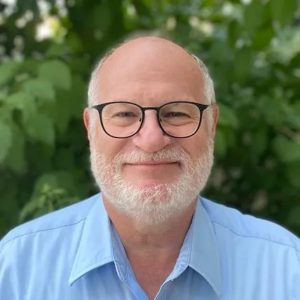Jerusalem is the eternal capital of Jewish people and its holiest city. Jewish history in Jerusalem goes back more than 3,000 years to the days of King David and King Solomon. Two temples were built and destroyed and most of the Jews were exiled to myriad countries. Jews yearned to return to their land and capital, fulfilling these dreams through the modern Zionist movement over the last 150 years. Their political aspirations climaxed with Israel’s independence in 1948 and Israel’s liberation and unification of eastern Jerusalem in 1967 from an illegal Jordanian military occupation.
Since then, Jerusalem has grown in leaps and bounds emerging as a major spiritual, tourist, political and economic powerhouse. Israeli democracy ensures that a united Jerusalem guarantees freedom of religion and access to holy sites, freedom of movement and expression to all religions and sections of society.
At the same time, there are forces that wish to destroy this delicate balance and challenge Israel’s presence, sovereignty, governance and democratic institutions through the consistent spreading of false narratives, subversion, undermining, violence and terrorism.
Jerusalem Center for Applied Policy studies these trends and activities and reports them in real time, in research and policy recommendations and works toward the implementation and monitoring of policy initiatives.
J-CAP works to secure Jerusalem’s future as a free, vibrant and flourishing capital of the Jewish state. It is the only pro-Israel initiative that provides an all-inclusive cross functional policy generator for Jerusalem.








To stay up-to-date on the latest happenings of J-CAP's policy work and news on Jerusalem





